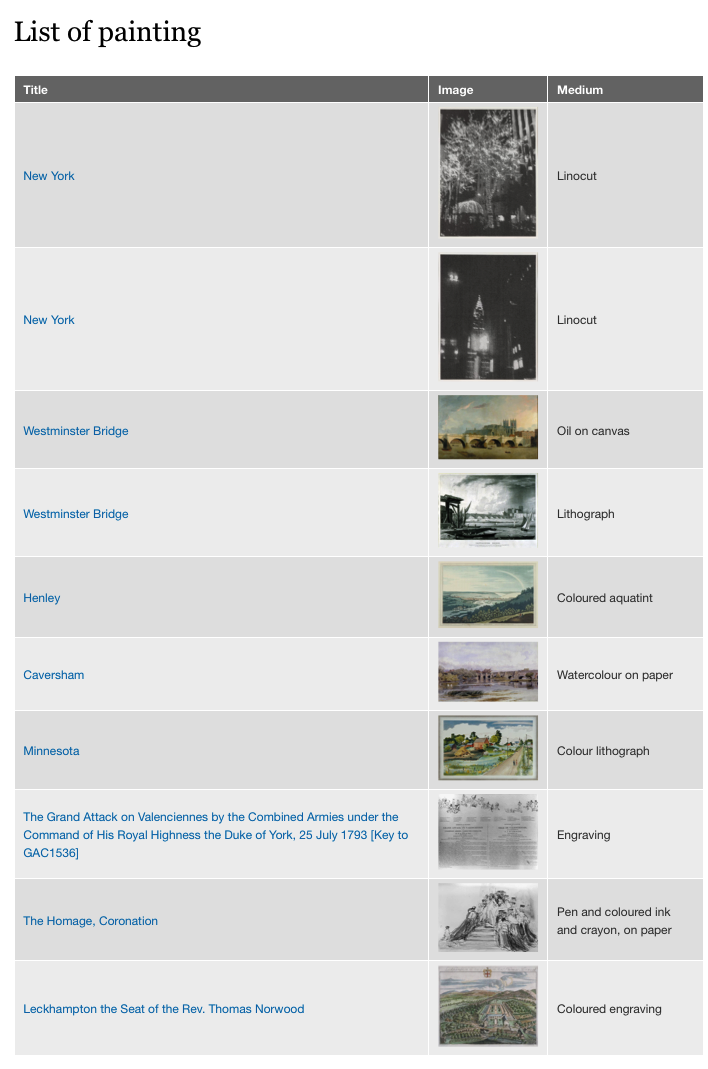In case some of you missed the announcement last week, Google now supports RDFa in its Rich Snippets using the schema.org vocabulary. As I explained in my blog post, this is great news for Drupal 7 since it supports the RDFa syntax natively. I've put together a schema.org module for Drupal to make it easy for site admins to set up their pages in Rich Snippets (currently supporting the types person, event and recipe). Please check my blog post which includes some background information about the schema.org project, a screencast explaining how to use the schema.org module, and some live links to Drupal 7 pages displayed in the Google Rich Snippets testing tool (see my profile page in Rich Snippet for example).
Drupal 7 and semantic web tutorial in Austin, TX
Today I also want to report on another event which happened last Saturday. This was very timely, just a few days after discovering that Google was now supporting Drupal 7 in Rich Snippets. I was invited to come to Austin, TX to present at a one day long hands tutorial on Drupal and the semantic web. This was a fun event which combined the Austin Drupal users group and the semantic web Austin user group. The audience was quite technical, which allowed us to dive into the technical details of the various technologies presented and demoed that day. Thanks to Juan Sequeda and Chris Ruppel for organizing the event, and to our sponsors Infochimps and Volacci.
Part 1: Rich Snippet support in Drupal 7
The morning was dedicated to a quick presentation for Drupal 7 (for those in the group who were not too familliar with it), structured data in HTML and schema.org. and hands on tutorial on the schema.org module for Drupal. We basically went through every details of what I showed in the screencast.

Chris was kind enough to provide a Drupal 7 sandbox to all 16 attendees, and everyone set up their own recipe page which they were able to visualize it in Google's testing tool:

Drupal 7 and the RDF stack
After lunch I took a break while Juan gave presentation on Linked, RDF and SPARQL. I followed with the technical demos on Drupal 7 using the semantic web contributed modules: RDF Extensions, SPARQL and Lin's famous SPARQL Views. (I reminded people that Drush is highly recommended to setup these modules). We did several use cases of RDF publishing with Drupal, and consumed RDF data from other Drupal 7. It was fun to throw triples back and forth within the group and pull some others from existing datasets on the Web.
The first demo was about pulling some remote data about paintings from the UK Government Art Collection hosted on the Kasabi plaform. After registering for a free Kasabi account, we accessed their SPARQL Endpoint with SPARQL Views, and were able to build a listing of paintings on Drupal 7:

Each row links to more details about each painting, see this one for example.
Then we built our own dataset about the group in Drupal 7, with a content type for each person, and the side of the room they were in. After mapping all of it to schema.org terms, we had an RDF dataset exposed in via a SPARQL endpoint we could work with. We had built this dataset on one of the attendees sandboxes. We used my localhost to build a listing of all participants pulled from the dataset displaying all their information, with the option to sort by fields.

Wrap up
During this event, several folks found bugs or pointed things which could be improved in all the modules. Some took the initiative to file bugs and feature requests on drupal.org as the days was going by. Amazing how this tutorial turned into a usability sprint! I definetely learnt a lot from watching how people were using the modules (I still need to file some more issues!). Someone from Knowbility pointed out that structured data in HTML could be used by accessibility tools like screen readers, that I was an interesting remark.
Big thanks to those who attended the event, I hope you had as much fun as I did...
That's it for now. I'm attaching the slides I used during the event, though they are far from being exhaustive...
| Attachment | Size |
|---|---|
| slides_austin_part1.pdf | 1.93 MB |
| slides_austin_part2.pdf | 823.66 KB |

Comments
Great Event!
This was a fantastic, informative event, and we were very glad to have you in Austin, Stéphane! We should do this again sometime.
Excellent work! Works for internal search, too.
Great work bringing this widely adopted pseudo-standard to Drupal. There are a lot of benefits and possibilities provided by this markup. I also wanted to point out that the Rich Snippets module allows Schema.org mappings to bring Google-like rich snippets to Drupal's internal site search.
Thanks for posting this
Thanks for posting this Chris, Moshe just pointed me to it again.
One thing to note is that Schema.org module won't support a number of fields at the moment because it depends on core's RDFa. For example, AddressFields does not currently support RDFa.
This is a result of the issues listed in [META] Fix RDF module, specifically RDF module can't handle compound fields. These can hopefully be solved in Drupal 8.